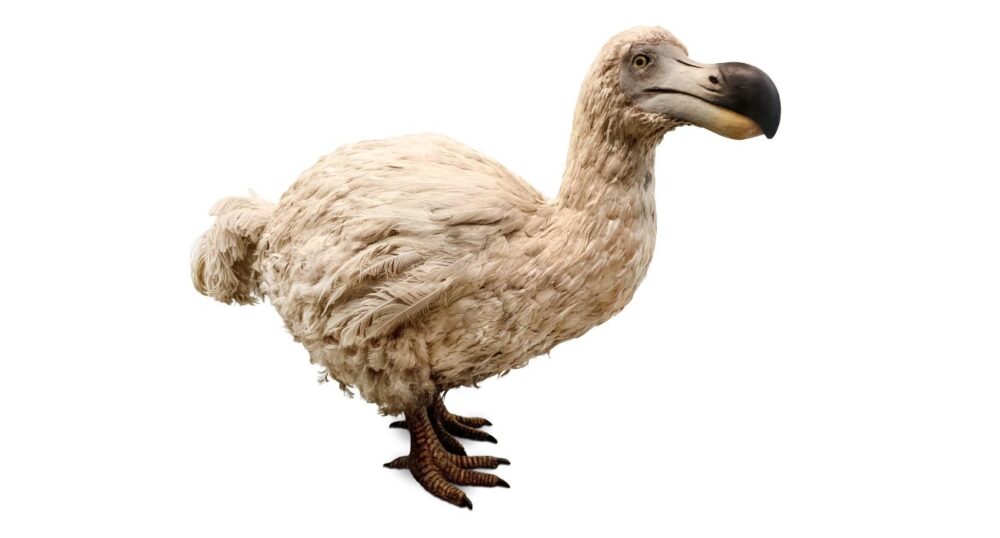Scientists are trying to find a way to bring a long-dead bird back from extinction.
Colossal Biosciences, which describes itself as the “de-extinction company,” has announced its intention to revive the dodo bird species.
The Dallas-based company was launched in 2021 and is the world’s first company dedicated to bringing long-dead species back from extinction. The company announced on Tuesday that it had raised an extra $150 million in funding to accomplish this task.
“Thanks to our incredible #SeriesB funders, we’re thrilled to announce the launch of our new Avian Genomics Group, whose first undertaking will be the de-extinction of the iconic #dodo bird,” the company tweeted on January 31.
Researchers traced the dodo bird’s extinction date to 1690, 30 years after the flightless bird’s last sighting in 1662 on the island of Mauritius.
The prospect of reviving the bird species became possible after scientists managed to fully sequence the entire genome of the bird in March 2022.
The company had previously announced its intention to revive the woolly mammoth by 2027, according to NBC DFW.
This new genomics group intends to bring the species back through seven steps, including genetic editing, tissue culturing, and interspecies surrogacy, before ending with incubation and hatching.
The company said that the timeline for success in this endeavor depends on various factors in these steps.
“The dodo bird is a symbol of man-made extinction. A glaring example of the price of carelessness,” the company’s website states. “Colossal is committed to reviving species lost to extinction in an effort to build a better world,” it continued.
Beth Shapiro, a molecular biologist on Colossal’s scientific advisory board, said that the closest living relative of the dodo bird is the Nicobar pigeon and that her team would study genetic differences between the two to define the genetics of the dodo bird.
Shapiro acknowledged that it is impossible to “recreate a 100% identical copy of something that’s gone.”
Despite Colossal’s ambitions, some scientists are skeptical of the notion of reviving a species.
“There’s a real hazard in saying that if we destroy nature, we can just put it back together again — because we can’t,” said Stuart Pimm, an ecologist at Duke University, according to NBC DFW.
Boris Worm, a biologist at Dalhousie University in Halifax, Nova Scotia, said that the scientific focus should be on preventing extinction rather than reversing it. “And in most cases, it’s a lot cheaper,” he added.

